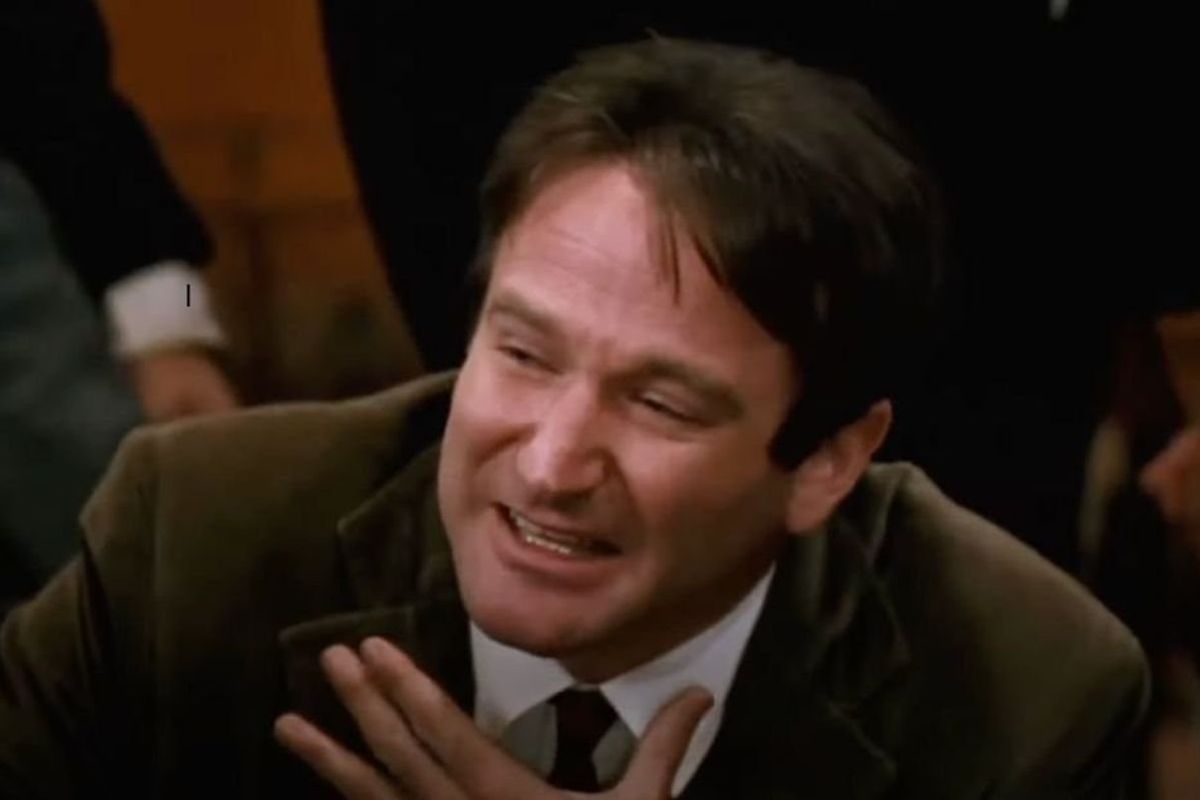Feast your eyes on photos of Costco food court menus from around the world
A fascinating and hunger-inducing read.

A photo taken at a Costco food court in Japan.
Few Costco staples are as well loved as its food court. Though the selection consists of simple fast food, certain dishes have become culinary icons—not least of which being the famously unchanged $1.50 hot dog and soda combo meal. And when certain fan favorites exit the menu…oh boy.
Costco food courts are such a hot discussion topic among shoppers that recently an entire Reddit thread was dedicated to exploring different Costco food courts around the world. It’s both interesting to take and look at some of the differences, and soothing to know that no matter where you are in the world…affordable food options await.
England
Food Court Menu- Yorkshire, England
byu/The2ndenlightenment inCostco
As would be expected, this food court offers a very similar selection to that in the US. Soft-serve ice cream, pizza, baked chicken…the usual.
But an American would never expect to see “jacket potato” on the menu, which is the UK name for a baked potato. Plus the toppings are a bit exotic. I don’t know about you, but I’ve never considered piling baked beans or tuna on top of a cooked spud.
This Costco food court also sells the mango smoothie that went viral on TikTok but still only made a short lived debut in America. Or you could be extra fancy and get a gelato cone. Yum.
And in case you were wondering. Yes, there’s a hot dog combo meal. It averages out to about $1.90 USD.Korea
Korean Costco food court menu
byu/kindofharmless inCostco
Here you can still get the hot dog combo meal (for about $147 USD), but it will be an all-pork hot dog rather than the standard all-beef one. But you’ll probably just go for the churros, since (tragically) these are a rare commodity in the US.
But if you’re feeling adventurous, go for a strawberry latte, bulgogi pizza or a bowl of mushroom soup. Or all three!
Iceland
Food court menu in Iceland
byu/UrLocalTroll inCostco
Here the hot dog meal is a wee bit more pricey (around $2.18 USD), but that’s still cheaper than the $8 cheeseburger.
However, the real talked about menu item is the “mexican baka,” which one commenter explained was “like a burrito with pizza dough.” Sold!Japan
The Food Court Line up Today in Tokyo!
byu/PlatformFrequent4052 inCostco
Feast on bulgogi bakes, shrimp katsu burgers, cold brew coffees, clam chowder and perhaps the cheapest hot dog combo in the world at $1.15 USD.
Canada
Updated Canadian Food Court menu
byu/thermal7 inCostco
Anyone who has been to both a Canadian and an American Costco will tell you that there are a few key differences between the two locations, including the food courts.
For one thing, the Canadian Costco sells french fries—arguably one of the most American foods ever, which makes it surprising that it’s not on the American Costco menu. Some guessed that that was because the American locations don’t have deep fryers installed.
Just imagine having some fries to go with that $1.50 hot dog meal. Or a Polish hot dog, if you prefer (another item only available at Canadian Costcos).
That’s just a small sampling of what some Costcos have to offer worldwide. While they all have something that makes them unique, the budget-friendly hotdog meal goes largely unchanged no matter what. Perhaps there shouldn't be comfort in that, but there is.



 A woman reading a book.via
A woman reading a book.via A woman tending to her garden.via
A woman tending to her garden.via
 A person on Threads makes a typo.Photo credit: Threads/@maureenmzobe
A person on Threads makes a typo.Photo credit: Threads/@maureenmzobe
 Individual impact isn't as inspiring to Gen Z as it was to
Individual impact isn't as inspiring to Gen Z as it was to  Gen Z is much more black and white about behaviors than previous generations.
Gen Z is much more black and white about behaviors than previous generations. 

 Young man holds up his hand to show five.
Young man holds up his hand to show five. Two women having a conversation at a coffee shop.
Two women having a conversation at a coffee shop.  Two women talking as the leave a yoga class
Two women talking as the leave a yoga class